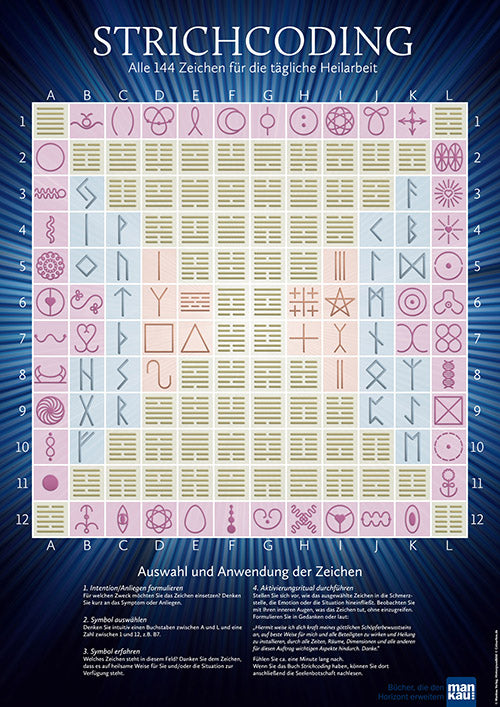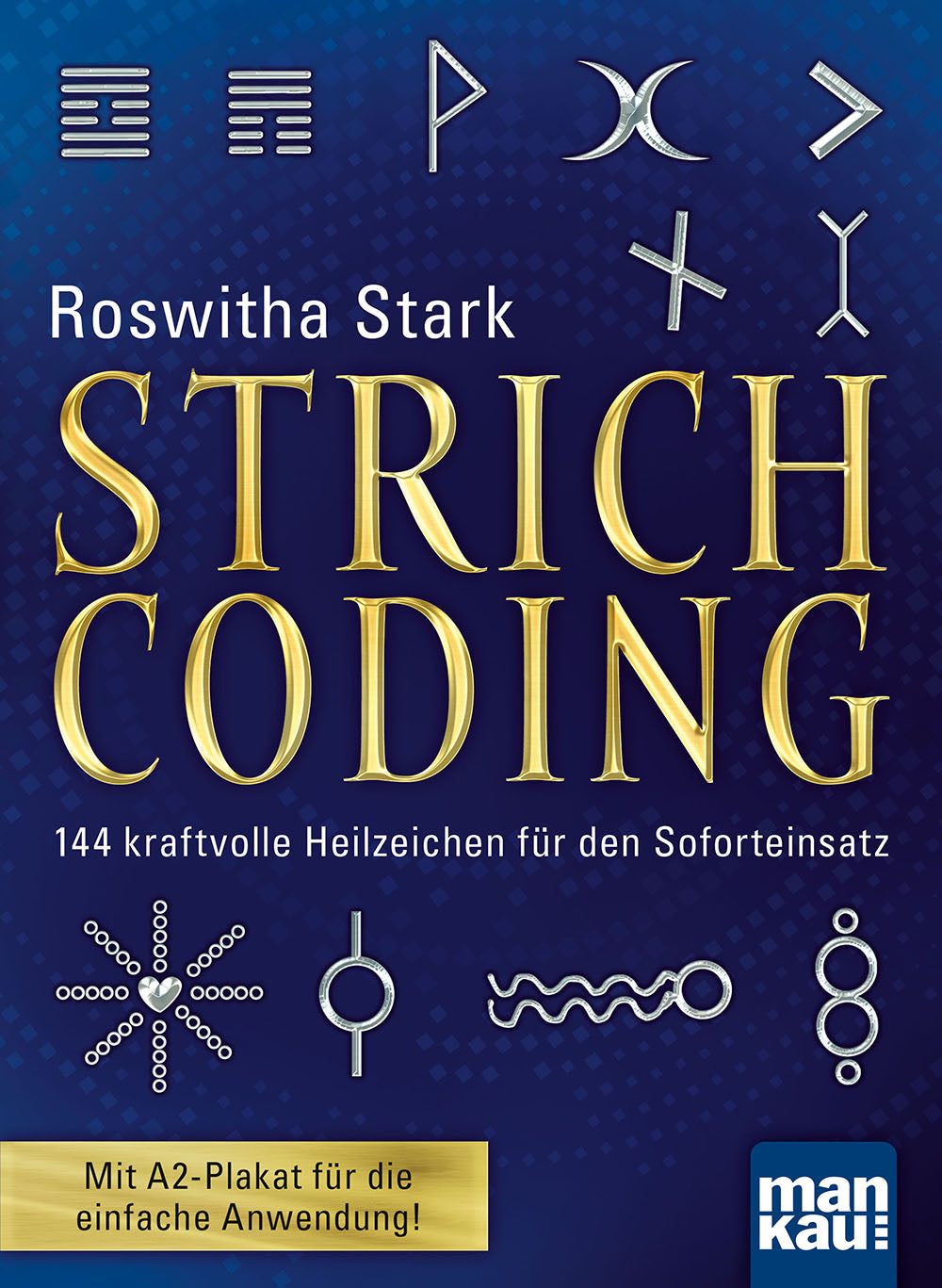
Symptoms and self-help for iron deficiency
Symptoms and self-help for iron deficiency
The new compact guide explains the causes and treatment of one of the most common health disorders
The trace element iron fulfils vital functions in the human organism. Unfortunately, iron deficiency is one of the most common metabolic disorders. Symptoms such as fatigue and difficulty concentrating, even depression, are the consequences. However, iron deficiency can be prevented with a sensible, balanced diet.
One third of the world’s population is “anemic”
According to estimates by the World Health Organization (WHO), over 30 percent of the world's population suffers from so-called iron deficiency anemia - iron deficiency is therefore one of the most common health problems. The symptoms of iron deficiency are multifaceted: chronic fatigue, exhaustion, lack of concentration and a drop in performance are particularly common. But an excess of iron can also lead to very similar symptoms.
Fortunately, iron metabolism disorders can be treated without complex diagnostics or invasive therapies. In her new compact guide , the doctor and medical journalist Dr. Heike Bueß-Kovács shows how to identify iron deficiency or excess and how the need can be met through a balanced diet.
The miracle ingredient iron in the body
Iron is a central and vital element that fulfils essential functions in the body. For example, it is responsible for transporting oxygen in the blood: oxygen is bound to iron in the red blood cells and can thus be transported through the entire bloodstream to every cell. It also plays a role in the formation of numerous enzymes and hormones. The trace element iron strengthens the immune system, performance and vitality, and it ensures healthy skin, hair and nails.
With such diverse and essential functions, it is not surprising that an imbalance in iron metabolism can have serious effects on physical performance as well as mental and spiritual constitution. Whether it is the heart, muscles or nerves, the immune, metabolic or circulatory system: iron in a balanced concentration is essential for the health of body and soul. However, the organism cannot produce iron itself, so the metallic element must be ingested with food.
Too little or too much iron
Iron deficiency can have fatal consequences and can result in serious physical and mental impairments. A typical symptom of iron deficiency is anemia, which manifests itself in the body as tiredness, fatigue, loss of performance, difficulty concentrating, weakened immune system and paleness. But numerous other illnesses and disorders that those affected and many doctors do not initially associate with iron deficiency can also lead to chronic mental and physical suffering and severely impair quality of life: "Depressive moods, anxiety, listlessness, lack of motivation, exhaustion and even burnout are more often caused by iron deficiency than previously thought," says the health expert.
But not only too little iron, but also too much, caused for example by hereditary metabolic diseases, can have negative effects on the organism. In addition to valuable tips on a balanced diet and the possibilities of targeted substitution with food supplements, the guide explains the diverse functions of this vital element and shows how health and well-being can be restored.
Book tip:
Dr. med. Heike Bueß-Kovács: Iron deficiency - causes, symptoms and effective self-help. Mankau Verlag 2016, 1st edition March 2016. Paperback, full color, 11.5 x 16.5 cm, 127 pages. ISBN 978-3-86374-290-4, 7.99 euros (D) / 8.20 euros (A)
Link recommendations:
- More information on the compact guide "Iron deficiency"
- To the reading sample in PDF format
- More about the author Dr. med. Heike Bueß-Kovács
- To the Internet forum with Dr. med. Heike Bueß-Kovács











